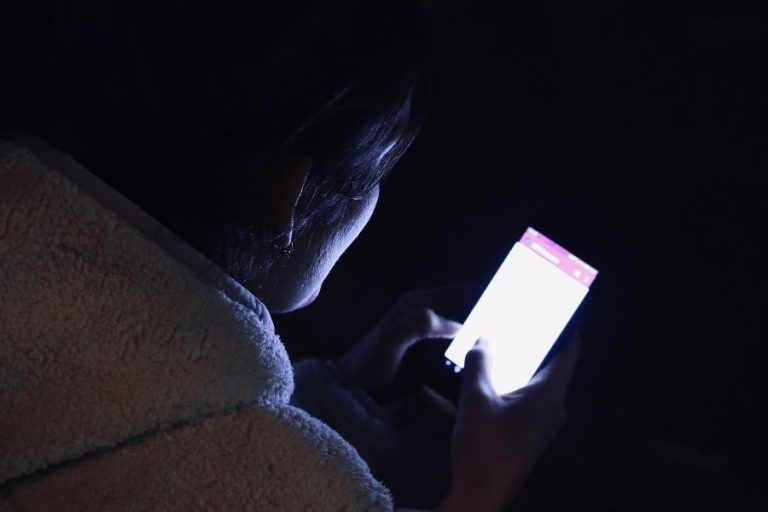Night time light exposure can be defined as light greater than that at sunset. Mainly this involves overhead light, television viewing, computing and the cell phone. In most years in history, night time lighting used to be minimal and by slight sources like candles and simple lamps. Artificially lit exposures have increased rapidly since electricity was discovered since it was often illuminated considerably after sunset. Of course, this is a very handy feature of light: it’s there when we want it. But in doing so, it has inadvertently been able to influence our natural sleep patterns and overall health.
What is the science behind circadian rhythms?
Now that we know that exposure to nighttime light is not good for us, let us first review our circadian rhythms. These rhythms are in fact the body clocks that regulate the wake-sleep cycle of a person. Our bodies will correspond to day and night naturally. And at night, our bodies will release the hormone melatonin making us sleepy in the process informing the body that it is time to rest. This rhythm is disturbed by artificial, especially the one coming from screens.
So what happens when we are exposed to artificial light at night? Suppression of Melatonin: Light exposure and more so the blue rays disrupt the melatonin, hence making it hard to sleep. Over time, it may cause other kinds of health issues. Visualize trying to sleep and outside your window a car horns—distracting; hence you can’t quite sleep. That is precisely what artificial light is doing for your brain, giving a jumbled signal that goes about disrupting circadian rhythm and overall health.
Health Risks Associated with Nighttime Light Exposure
It’s not just a bit of an annoyance. Evidence suggests that nighttime exposure has been linked to numerous risks in health. Here’s a closer look at the some of the major health risks concerning artificial light exposure after sundown.
Effect on Quality of Sleep
Night time light exposure has some of the most direct impacts of sleep quality. Late-night exposure to light reduces the amount of time a person falls asleep, leads to shorter total and amounts to a fragmented amount of sleep. What do we know about insufficient sleep? – It changes our mood, affects the memory and immune system. The total sleep time can split to the two types of sleep time. These are the quality sleep and the quantity sleep. Poor sleep over time has been known to accumulate what is called “sleep debt,” a form of chronic fatigue that eventually harms our daily lives or increases the risk of causing other health problems.
Connect to Mental Health
The truth is that too much light exposure at night, especially during periods of night, affects your mental condition. A high correlation among nighttime light exposure and increases in depression and anxiety, according to several studies have shown. It will hinder the relation of our brains sexes otherwise referred to as hormones. It comprises melatonin and serotonin which are the major hormones that influence human behaviour. Where this balance is upset, it might result in some of the symptoms of anxiety like being irritable and might even have depression.
Risk of Physical Health Conditions
Exposure to nighttime light also has a connection with physical health conditions. For instance, being exposed to light at nighttime when you are usually asleep raises likelihoods of being obese, developing diabetes or a heart illness. This they attributed to inadequate sleep, because irregular sleep significantly modifies stress hormones, disrupts the circadian rhythm, reduces insulin sensitivity and ups unhealthy dietary practices.
Practical Tips on Reduction of Nighttime Exposure to Light
It is possible not to be in absolute darkness at night. Such minute changes bring better sleep and health.
Start by making the bedroom as dark as possible. Blackout curtains will cover any outdoor lighting, and you can cut off all electronic devices during this time. Dimly lit, warm-colored light installations in the bedroom further create a relaxing atmosphere conducive to preparing the body to sleep. These changes could seem minor, but over time, they can truly make a difference in sleeping quality and health.
Another way to control light exposure at night is the avoidance of screen time during these hours. You might also decide to stop your use of electronic devices by setting a rule for one hour before bedtime. That said, if you’re not in a position to adhere to this, blue light filter on your screen might reduce the exposure. It is like sleep mode, so that your brain can gradually slow down as you sleep.


